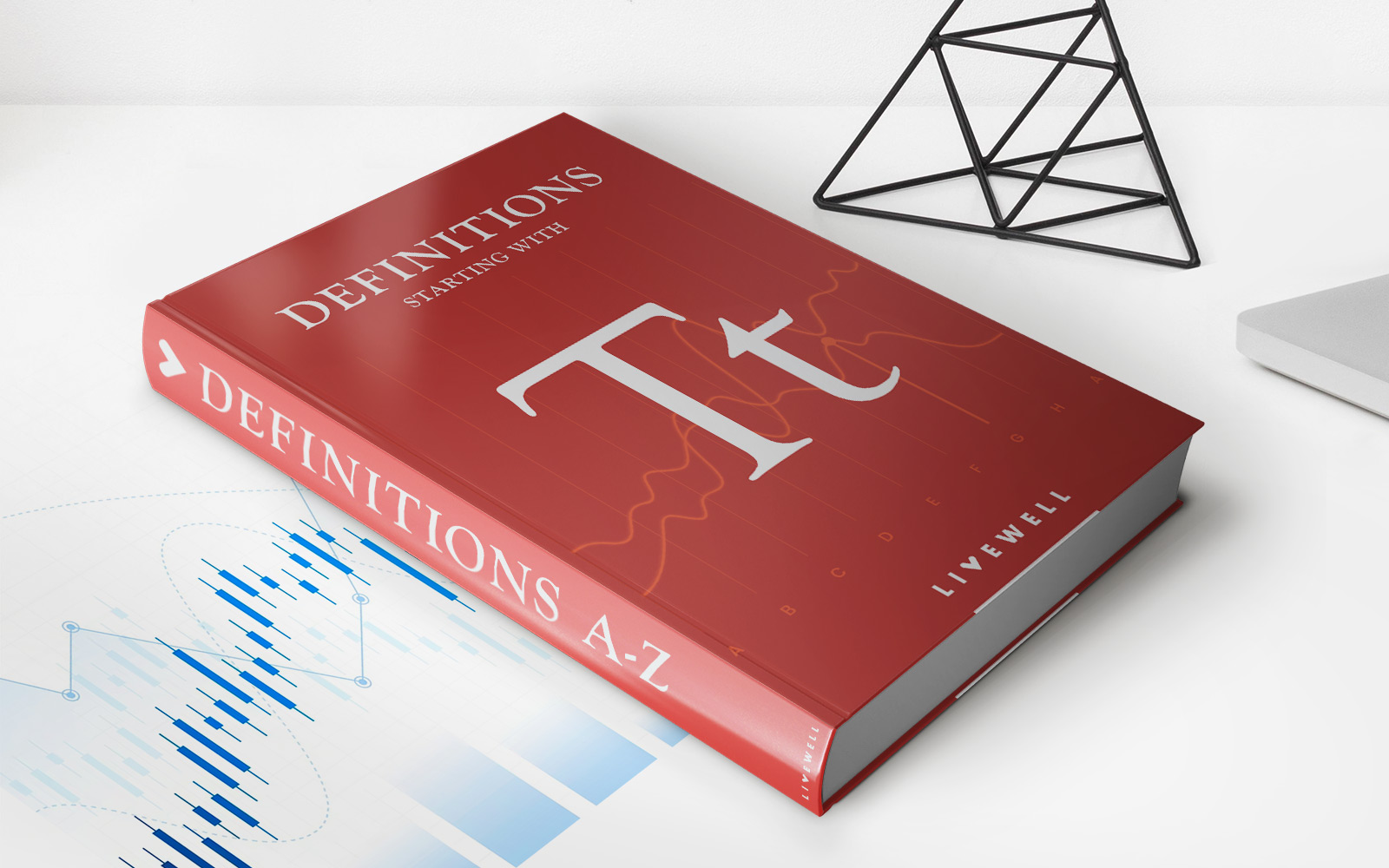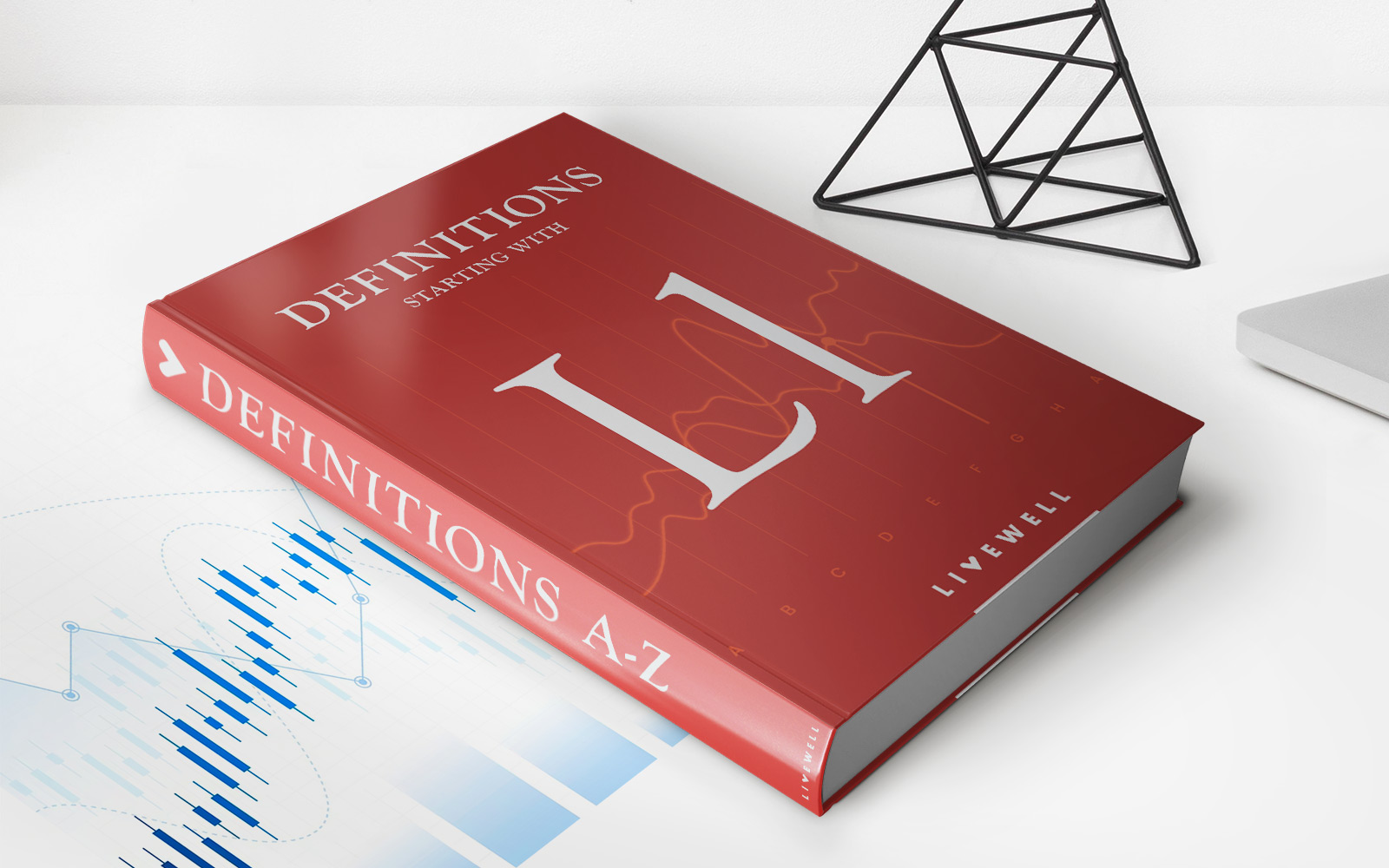Home>Finance>Out-of-Pocket Expenses: Definition, How They Work, And Examples


Finance
Out-of-Pocket Expenses: Definition, How They Work, And Examples
Published: January 4, 2024
Learn about out-of-pocket expenses in finance, including their definition, how they work, and find examples. Discover money management tips now!
(Many of the links in this article redirect to a specific reviewed product. Your purchase of these products through affiliate links helps to generate commission for LiveWell, at no extra cost. Learn more)
Out-of-Pocket Expenses: Definition, How They Work, and Examples
Are you familiar with the term “out-of-pocket expenses”? Out-of-pocket expenses are costs that individuals pay using their own money, without any reimbursement from insurance providers or other third parties. These expenses can include medical bills, home repairs, educational fees, and more. In this article, we will delve deeper into the definition, how they work, and provide some examples of out-of-pocket expenses.
Key Takeaways:
- Out-of-pocket expenses are costs individuals pay using their own money.
- They are not reimbursed by insurance providers or third parties.
Understanding Out-of-Pocket Expenses
When it comes to managing finances, it is essential to have a clear understanding of different types of expenses. Out-of-pocket expenses play a significant role in our daily lives, as they directly impact our budgets and overall financial well-being.
Out-of-pocket expenses can be categorized into various areas, such as healthcare, education, housing, transportation, and personal needs. Let’s explore each of these categories and gain a better understanding of how out-of-pocket expenses work:
1. Healthcare Expenses:
In the world of healthcare, out-of-pocket expenses include costs that are not covered by health insurance policies. These can be deducted charges, copayments, or medical services not included in the insurance agreement. Individuals may have to pay out-of-pocket for prescription medications, medical tests, or specialist consultations.
2. Education Expenses:
Education expenses can consist of tuition fees, textbooks, school supplies, and even extracurricular activities. These expenses often fall on the shoulders of students or their parents, especially in the case of private institutions or higher education.
3. Housing Expenses:
When it comes to housing, out-of-pocket expenses can vary depending on whether you own or rent a property. Homeowners may encounter unexpected repairs, maintenance costs, or homeowner association fees. Renters may need to cover security deposits, utilities, or additional charges beyond the monthly rental amount.
4. Transportation Expenses:
Transportation costs include fuel, vehicle maintenance, parking fees, tolls, and public transportation fees. Whether you own a car, use public transportation, or ride-sharing services, these expenses accumulate and can impact your budget.
5. Personal Needs Expenses:
Personal needs expenses encompass a wide range of items, such as clothing, personal care products, entertainment, and dining out. These costs can vary greatly depending on individual preferences and lifestyle choices.
Examples of Out-of-Pocket Expenses
To provide a clearer picture, here are some examples of common out-of-pocket expenses:
- Paying for a doctor’s visit without insurance coverage or with a high deductible plan.
- Purchasing school supplies for your children at the beginning of each school year.
- Repairing a leaky roof in your home.
- Filling up your car’s gas tank or paying for public transportation fares.
- Buying new clothes or dining out at a restaurant.
Now that you have a better understanding of out-of-pocket expenses, it’s important to plan and manage your budget effectively. Keeping a record of these expenses can help you make informed financial decisions and ensure that you are well-prepared for unexpected costs.
In Conclusion
Out-of-pocket expenses are an inevitable part of our financial lives. Understanding the various categories and examples of these expenses allows us to plan and allocate our resources more effectively. Remember to differentiate out-of-pocket expenses from reimbursable costs, and always strive to maintain a healthy budget.














